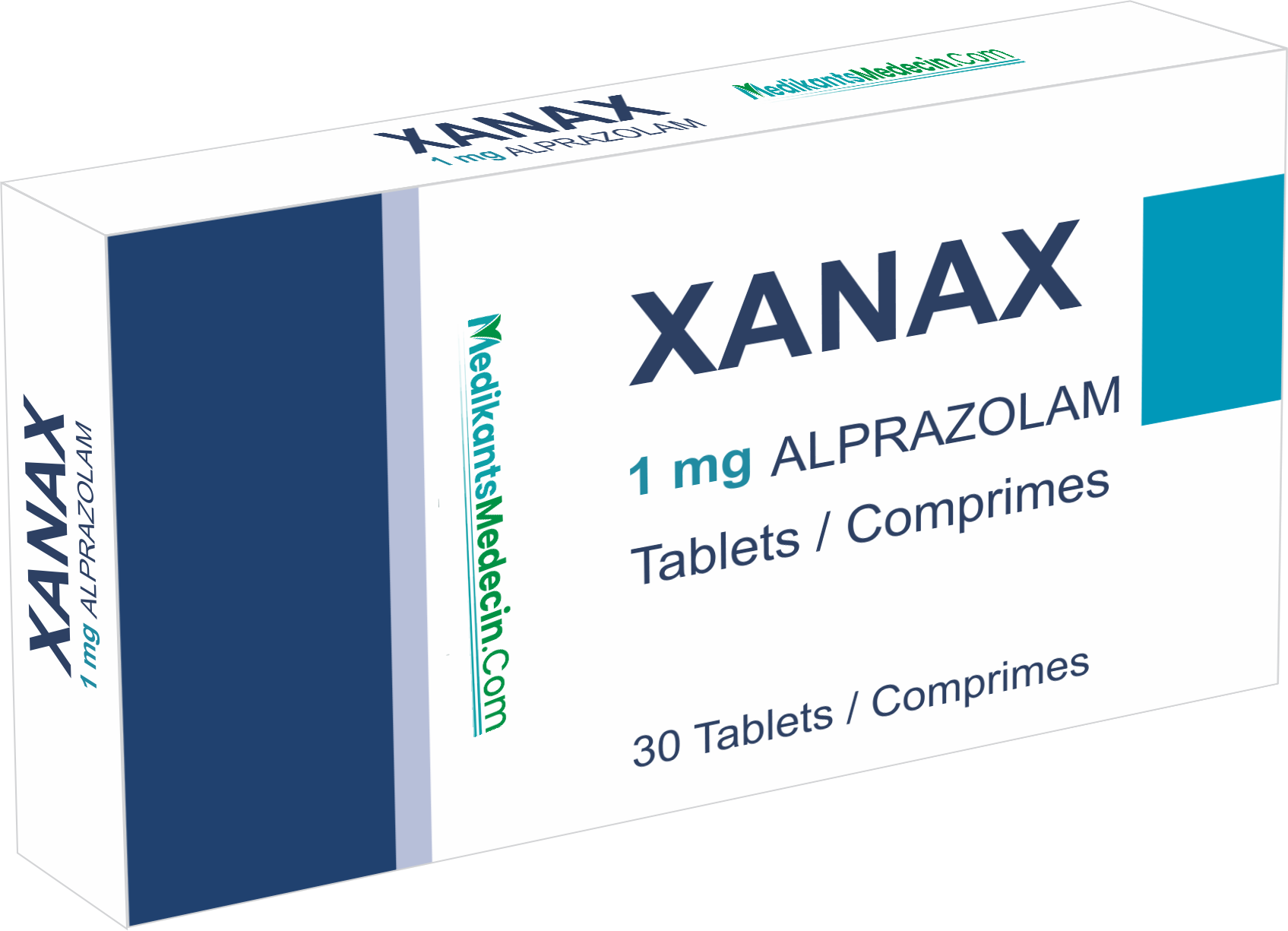
€65.00
1000 in stock
Xanax 1 mg, also known as alprazolam, is a medication commonly prescribed to treat anxiety disorders and insomnia. Although its primary use is to treat anxiety and panic attacks, it is also used in some conditions to help patients sleep better. This is because Xanax has sedative properties that help induce a state of rest and make it easier to fall asleep.
How Does Xanax Work?
Xanax 1mg belongs to the benzodiazepine class, a category of medications that act on the central nervous system. It works by increasing the activity of the neurotransmitter GABA (gamma-aminobutyric acid), which has a calming effect on the brain. This helps reduce the levels of excitement in the nervous system, helping to calm anxiety and induce sleep.
As part of the treatment of insomnia, Xanax 1 mg is often prescribed to patients suffering from sleep issues caused by anxiety. Patients usually take this medication just before bed to make it easier to fall asleep. It is crucial to note that Xanax should only be used short-term for insomnia, as prolonged use can lead to addiction.
Usage and Dosage
The dose of Xanax 1 mg is usually prescribed according to the individual needs of the patient. For the treatment of anxiety-related insomnia, patients can take one 1 mg tablet before going to bed. It is essential to follow the doctor’s orders and not exceed the recommended dose. Taking too much Xanax can cause serious side effects, including excessive sedation, coordination issues, and slowed breathing.
Due to the risk of addiction associated with Xanax 1 mg, this medication should only be taken for a short period of time. Patients should avoid stopping the medication abruptly without medical advice, as this could lead to withdrawal symptoms, such as agitation, increased anxiety, or insomnia.
Side Effects and Precautions
Like any medicine, Xanax 1 mg can cause side effects. The most common effects include:
It is advisable to avoid driving or operating dangerous machinery after taking this medicine, as its sedative effects may impair coordination and alertness.
With prolonged treatment or high doses, more serious effects may occur, including physical and psychological dependence on the drug. Patients should also avoid consuming alcohol or other nervous system depressants while taking Xanax, as this may increase the risk of excessive sedation and respiratory depression.
Xanax 1 mg may be effective in helping patients sleep, especially when they suffer from anxiety. However, its use should be limited to short-term use and under medical supervision due to its potential for addiction. Close monitoring by a healthcare professional is recommended to ensure safe and effective use of the medication.
Votre adresse email ne sera pas publiée. Les champs obligatoires sont marqués *


Bonjour ! Nous proposons désormais des paiements bancaires. Envoyez un message ici pour ouvrir votre WhatsApp et découvrir comment faire !